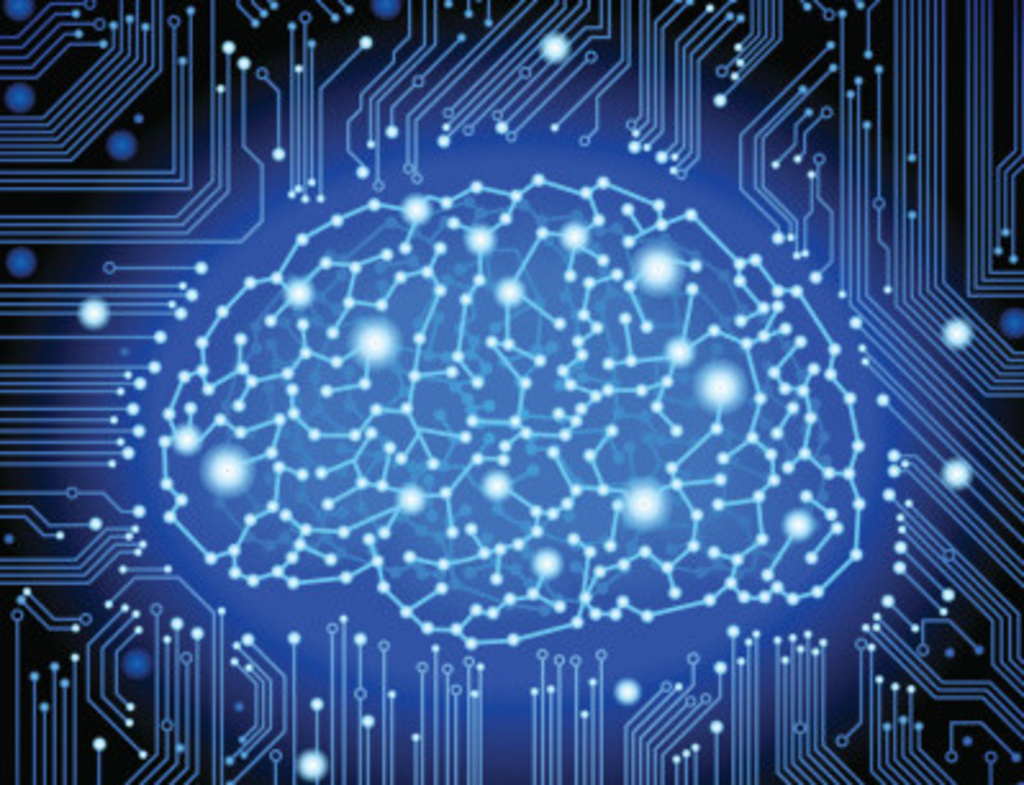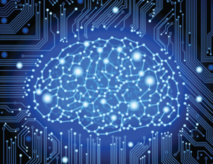OpenAI’s activities will be financed by such well-known entrepreneurs like Tesla Motors’ CEO Elon Musk, President of Y Combinator Sam Altman, co-founder of LinkedIn Reid Hoffman, venture capitalist Peter Thiel, and Y Combinator’s partner Jessica Livingston.
Representatives of OpenAI explained why they decided to make the organization non-profit by nature: its work and patents will be publicly available, and technologies will be developed and used in conjunction with other companies.
Many largest IT corporations, including Google, Facebook and Microsoft Developments, are currently engaged in the field of artificial intelligence. They regularly publish results of their research on the principles of Open Source. The researchers plan to create an artificial intelligence based on machine learning and, in particular, the technology of so-called "Deep learning".
It is worth noting that many experts, including Musk, have repeatedly expressed concerns about development of such technologies. For example, earlier this year during a press conference “Ask Me Anything”, Microsoft’s founder Bill Gates said that he is really concerned about this issue.
However, unlike a number of other public figures, he fears only the distant future. Short terms are not confusing him: "I'm in that camp, whose members are afraid of exactly super intelligent systems. Initially, machines will simply perform the lion's share of work for us, not being quite really clever at the time".
"This is a positive factor if we are able to properly exploit the situation - said Bill Gates, but immediately clarified. - After a few decades, mechanisms’ intellectual level will be a real cause for concern. I absolutely agree with Elon Musk and some other figures on this issue and I am surprised that many people think little of it."
Elon Musk himself previously noted that research on artificial intelligence are a threat to humanity. He said that R&D in the field of artificial intelligence may have unpredictable consequences on a global scale. Therefore, it is necessary to establish regulation of this sector. Theoretical physicist Stephen Hawking put it more harshly. According to him, the artificial intelligence "could put an end to mankind."
Head of Microsoft Research Eric Joel Horvitz has an opposite opinion about robots. "I do not think that something bad will happen. I believe we will act reasonably and prudently, and development of artificial intelligence will be of enormous benefit to all spheres of human activity," - said Horvitz.
source: theverge.com
Representatives of OpenAI explained why they decided to make the organization non-profit by nature: its work and patents will be publicly available, and technologies will be developed and used in conjunction with other companies.
Many largest IT corporations, including Google, Facebook and Microsoft Developments, are currently engaged in the field of artificial intelligence. They regularly publish results of their research on the principles of Open Source. The researchers plan to create an artificial intelligence based on machine learning and, in particular, the technology of so-called "Deep learning".
It is worth noting that many experts, including Musk, have repeatedly expressed concerns about development of such technologies. For example, earlier this year during a press conference “Ask Me Anything”, Microsoft’s founder Bill Gates said that he is really concerned about this issue.
However, unlike a number of other public figures, he fears only the distant future. Short terms are not confusing him: "I'm in that camp, whose members are afraid of exactly super intelligent systems. Initially, machines will simply perform the lion's share of work for us, not being quite really clever at the time".
"This is a positive factor if we are able to properly exploit the situation - said Bill Gates, but immediately clarified. - After a few decades, mechanisms’ intellectual level will be a real cause for concern. I absolutely agree with Elon Musk and some other figures on this issue and I am surprised that many people think little of it."
Elon Musk himself previously noted that research on artificial intelligence are a threat to humanity. He said that R&D in the field of artificial intelligence may have unpredictable consequences on a global scale. Therefore, it is necessary to establish regulation of this sector. Theoretical physicist Stephen Hawking put it more harshly. According to him, the artificial intelligence "could put an end to mankind."
Head of Microsoft Research Eric Joel Horvitz has an opposite opinion about robots. "I do not think that something bad will happen. I believe we will act reasonably and prudently, and development of artificial intelligence will be of enormous benefit to all spheres of human activity," - said Horvitz.
source: theverge.com



















